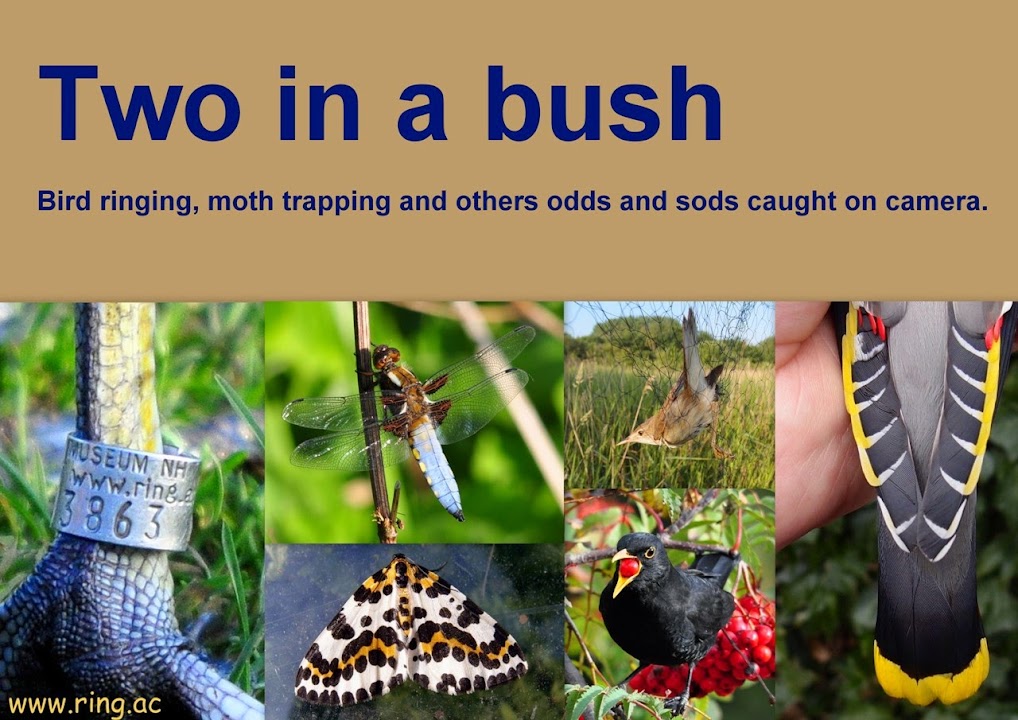My Starling RAS (Retrapping Adults for Survival) period has ended but the project continues with the ringing of adults and juveniles outside the main study period. The juveniles are being ringed to look at both dispersal and future recruitment into the breeding population and the later adults are being ringed to see if they are recorded in the main study period in future years. It may not sound the most exciting of projects but the more I have got to know my Starlings the more interesting they have become.
I have caught and colour-ringed or re-sighted nearly all of adult Starlings that have visited the garden since mid-April and the total currently stands at 160 individuals, which is far more than I had originally anticipated. Interestingly 60 of these adults were ringed in previous years with the 4 oldest retraps having been ringed in 2011. Next year should be even more interesting as the proportion of retraps should be much higher now that the majority of adults breeding in the area have been ringed.
The first juvenile was caught in the garden on 22nd May and a total of 154 have been ringed since then. It is hard to say if Starlings have a had a good breeding season from the number of juveniles caught in the garden but I suspect productivity may be down on last year. On the plus side the majority of juveniles have been good weights so at least they have got off to a good start even if overall productivity is down.
Some other species seem to be having a really dreadful breeding season and although the weather has warmed up during the day it is still quite cold overnight. There just aren't enough insects around and birds that mainly rear their young on caterpillars are having a particularly tough time. The numbers of moths and other insect attracted to the moth trap are still only a tiny fraction of what they should be at this time of year so it doesn't look like the situation is going to improve any time soon. It wouldn't surprise me if this breeding season turns out to be one of the worst on record for some species.




No comments:
Post a Comment